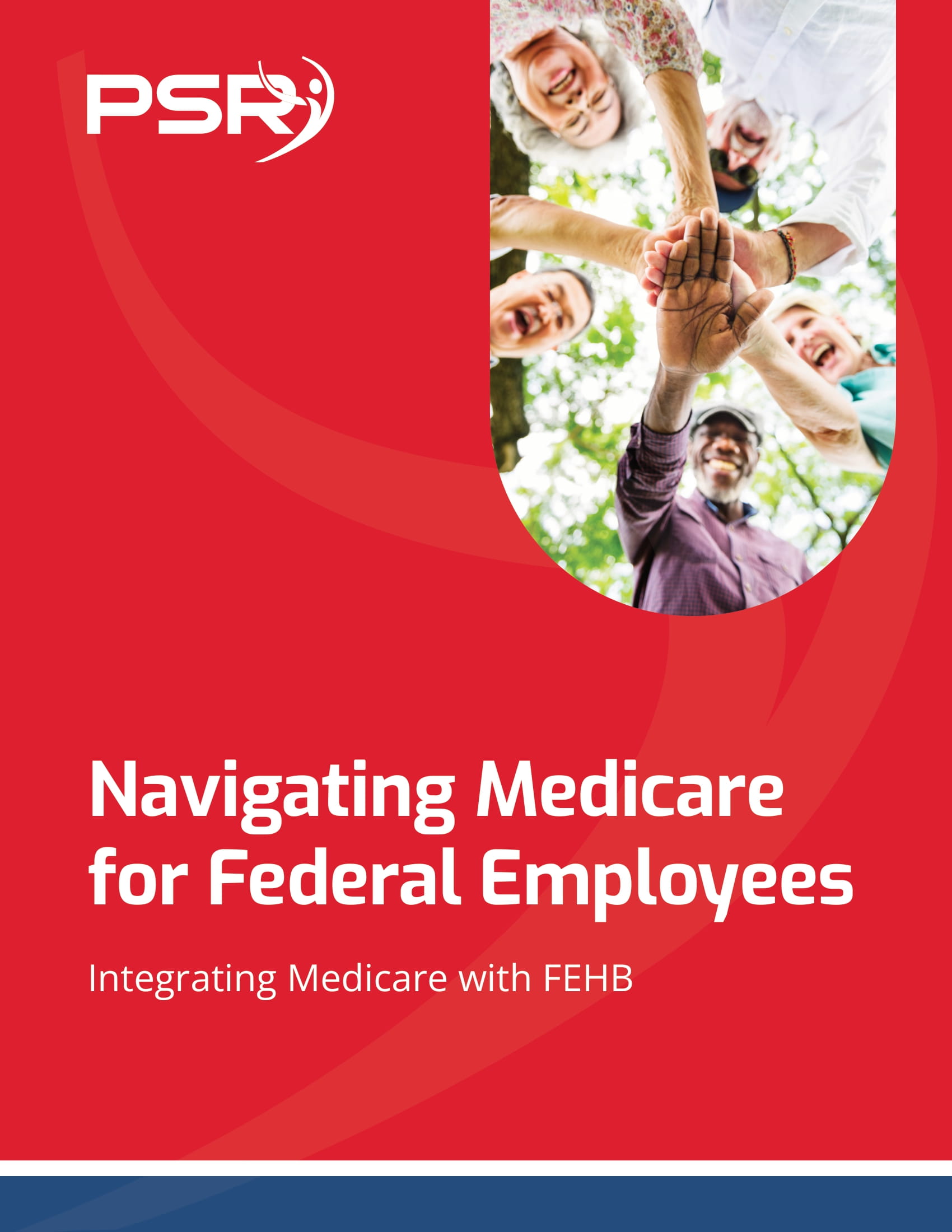Estate Planning
Estate planning is more than just writing a will; it’s about ensuring that your wealth, assets, and wishes are honored after you’re gone. Whether you’re just starting with the basics or considering advanced strategies, estate planning is an essential part of financial management that everyone should address. We will help you understand the importance of estate planning, common strategies, and the benefits of working with professionals to create a plan that suits your unique needs.
What is Estate Planning?
Estate planning involves the preparation of tasks that serve to manage an individual’s asset base in the event of their incapacitation or death. It includes the bequest of assets to heirs and the settlement of estate taxes. Most estate plans are set up with the help of an attorney experienced in estate law, ensuring that all aspects are legally binding and tailored to your specific circumstances.
Primary Components of Estate Planning:
- Wills and Trusts: These are the foundational elements of any estate plan. A will specifies how your assets should be distributed after death, while a trust can provide more control over when and how your assets are distributed. Trusts can also help in avoiding the probate process, which can be lengthy and costly.
- Power of Attorney (POA): This legal document allows you to designate someone to make financial decisions on your behalf if you become incapacitated. There are different types of POAs, such as general, durable, and springing, each serving specific purposes depending on your needs.
- Healthcare Directive: Sometimes called a living will, this document outlines your wishes for medical care if you are unable to communicate. It can also designate someone to make healthcare decisions on your behalf, ensuring that your medical preferences are honored.
- Beneficiary Designations: It’s crucial to update the beneficiaries on your life insurance policies, retirement accounts, and other financial products to ensure they align with your current wishes. These designations can override your will, so it’s important to review them regularly.
- Estate Taxes: Understanding the potential tax implications of your estate can help in planning how to manage and reduce these taxes for your heirs. Strategies such as gifting and charitable donations can be effective in minimizing the tax burden on your estate.
Why is Estate Planning Important?
Without a clear estate plan, your loved ones may face legal challenges, tax burdens, and potential conflicts. An effective estate plan can:
Without a clear estate plan, your loved ones may face legal challenges, tax burdens, and potential conflicts. An effective estate plan can:
Part C: Medicare Advantage Plans
- Ensure Your Wishes Are Followed: A well-structured plan guarantees that your assets are distributed according to your wishes, whether to family members, friends, or charitable organizations. This clarity helps prevent disputes among heirs and ensures that your legacy is honored.
- Minimize Taxes: Proper planning can significantly reduce the estate taxes that your beneficiaries will have to pay. This is particularly important for larger estates, where the tax implications can be substantial. Utilizing tools like trusts, charitable donations, and gifting strategies can help in reducing the taxable estate
- Provide for Your Family: You can ensure that your family is taken care of, financially and otherwise, in the way that you intend. This includes setting up trusts for minor children, ensuring that your spouse is financially secure, and providing for any other dependents or loved ones.
- Avoid Probate: Trusts, in particular, can help bypass the often lengthy and costly probate process. Probate is the court-supervised process of authenticating a will and distributing assets, and it can be a time-consuming and expensive ordeal. By establishing trusts, you can ensure that your assets are transferred directly to your beneficiaries without going through probate.
Common Estate Planning Strategies
- Revocable Living Trust: This type of trust allows you to maintain control over your assets while alive and then seamlessly transfer them to your beneficiaries after death, without going through probate. Revocable trusts can be altered or revoked at any time, providing flexibility if your circumstances or wishes change.
- Irrevocable Trusts: Unlike revocable trusts, irrevocable trusts cannot be altered after they are created, but they offer significant tax advantages. These trusts remove assets from your taxable estate, which can be particularly beneficial for individuals with large estates looking to reduce their tax liability.
- Charitable Giving: Incorporating charitable donations into your estate plan can provide tax benefits and allow you to support causes important to you. Charitable remainder trusts (CRTs) and charitable lead trusts (CLTs) are common tools used to achieve both philanthropic and tax-saving goals.
- Gifting: By gifting assets during your lifetime, you can reduce the size of your estate and the associated tax burden. The IRS allows for annual gift exclusions, which enable you to give a certain amount of money or assets to individuals each year without incurring gift taxes. This strategy can be particularly effective in reducing the taxable estate while still providing for loved ones.
- Family Limited Partnerships (FLPs): An FLP allows you to transfer assets to family members at a discounted value, which can help reduce estate and gift taxes. FLPs are commonly used for transferring business interests or other significant assets while retaining some control over the management of these assets.
- Dynasty Trusts: A dynasty trust is designed to pass wealth down through multiple generations without incurring estate taxes at each generation. These trusts can last for centuries, depending on state laws, and are a powerful tool for preserving family wealth.
Working with an Estate Planning Professional
Given the complexities involved in estate planning, working with a professional can provide peace of mind and ensure that all aspects of your estate are handled correctly. A knowledgeable estate planning attorney can help you navigate the various legal and tax issues, create a comprehensive plan that aligns with your wishes, and adjust your plan as your circumstances change.
As this topic can sometimes be difficult to fully understand, it is always recommended you find the highest-rated estate planning advisor. There are advisors available on this site that may meet your needs. Working with an expert ensures that your estate plan is not only legally sound but also tailored to your specific financial situation and goals.
Frequently Asked Questions About Estate Planning
When should I start estate planning?
It’s never too early to start estate planning. While young individuals might not have accumulated substantial assets, they should still consider their wishes for healthcare and the guardianship of any minor children. Starting early allows for more flexibility and time to adjust the plan as life circumstances change.
How often should I update my estate plan?
You should review your estate plan every few years or whenever there is a significant life event, such as marriage, divorce, the birth of a child, or a substantial change in your financial situation. Regular updates ensure that your estate plan continues to reflect your current wishes and circumstances.
Can I handle estate planning on my own?
While there are many online tools available for DIY estate planning, it’s often advisable to consult with an attorney, especially if your estate is complex or involves significant assets. Professional guidance can help you avoid common pitfalls and ensure that your estate plan is comprehensive and legally binding.
What happens if I die without an estate plan?
If you die without an estate plan, your assets will be distributed according to state laws, which may not align with your wishes. This process, known as intestate succession, can lead to unintended consequences, such as assets going to distant relatives or the state instead of your chosen beneficiaries.
How can estate planning help with long-term care?
Incorporating long-term care planning into your estate plan can help protect your assets from being depleted by nursing home or healthcare costs. Options include long-term care insurance, Medicaid planning, and setting up irrevocable trusts that can shield assets from being counted towards Medicaid eligibility.
The Road Ahead
Estate planning is a vital process that helps ensure your legacy is preserved and your wishes are honored. By taking the time to plan, you can protect your family from unnecessary legal battles and tax burdens, providing them with security and peace of mind. Whether you’re starting with the basics or need to revisit an existing plan, the importance of estate planning cannot be overstated.
To get started, consider downloading our comprehensive eBook on estate planning. If you need personalized advice, contact the highest-rated estate planning advisor available through our site. Your legacy deserves the best protection and care, and our experts are here to help you every step of the way.
Sources:
Search for Public Sector Retirement Expert.
Receive the Best advice.
PSR Experts can help you determine if Public Sector Retirement is right for you or if you should look for alternatives.
The Best Advice creates
the best results.
Search for Public Sector Retirement Expert.
Receive the Best advice.
PSR Experts can help you determine if Public Sector Retirement is right for you or if you should look for alternatives.
The Best Advice creates
the best results.
Recent Articles

Divorce and Your Federal Pension—What Happens When You Split Assets and How It Could Affect Your TSP
Key Takeaways Divorce can significantly impact your federal pension


The Best FEHB Plans for 2025: Which One Fits Your Lifestyle and Budget the Best?
Key Takeaways: Understanding your healthcare needs and budget is

Special Retirement Options for FAA and LEO Employees: Are You Taking Advantage of What’s Available?
Key Takeaways: FAA and LEO employees have exclusive retirement






